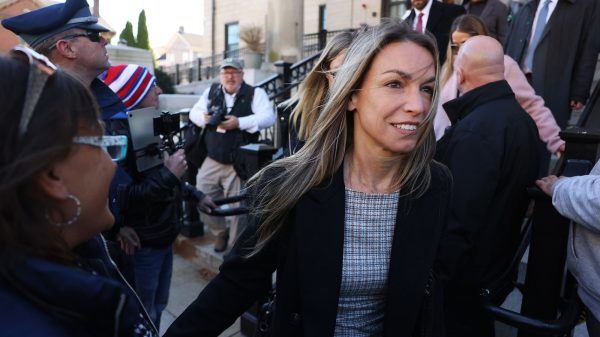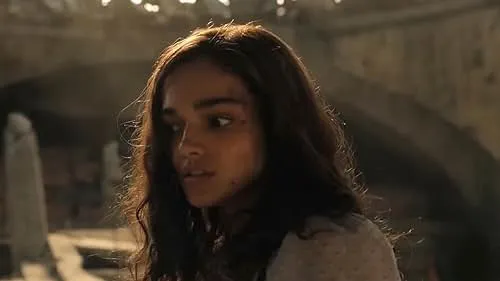The Ballad of Songbirds and Snakes, a prequel to the Hunger Games series, suffers from its standalone nature, lacking the time to go into the complexities of its characters and themes. Director Francis Lawrence conceded that splitting the story would have allowed for a more nuanced exploration, but ultimately decided against it. This resulted in a rushed narrative that inadequately develops the characters and leaves vital aspects of the story under-explored.
The film focuses on Coriolanus, a young man from the impoverished Snow family, as he coaches Lucy Gray Baird, a tribute from District 12 for the 10th Hunger Games. While the story naturally splits between the Capitol and District 12, it fails to capitalize on this opportunity for greater depth. The potential for a gripping conclusion involving the conspiracy in District 12 and Coriolanus’ descent into villainy is squandered.

A Still From The Incredibles (Via IMDB)
Coriolanus’ transformation from an orphaned victim to a manipulative leader lacks the necessary development time. His abrupt change from a starving orphan with trauma to a ruthless authority figure feels unearned. The film attempts to justify this transformation within its limited runtime, but ultimately fails to create a convincing character arc.
Furthermore, the film glosses over darker aspects of the story, such as the brutal realities of the Hunger Games. The potential for genuine horror and awe surrounding the Games is lost in the rushed pacing.
The natural division between the conclusion of the Games and Coriolanus’ exile to the Districts offers a perfect point to split the story. This missed opportunity would have allowed for a more impactful exploration of both the Games and Coriolanus’ transformation.
























